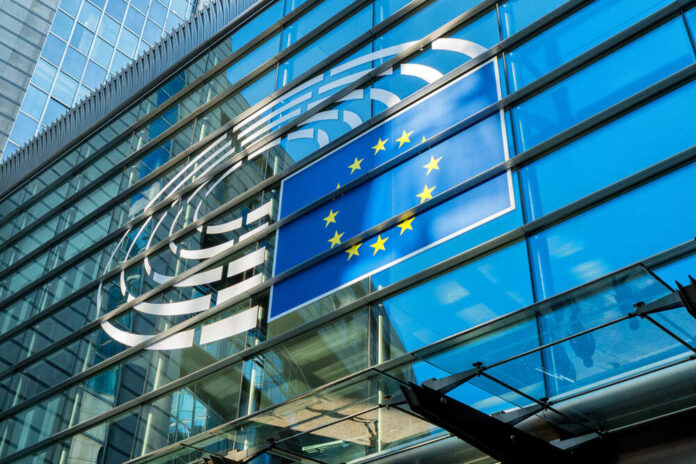
European consumers faced a mixed set of economic news in recently released inflation figures. According to the European Union, one key inflation metric recently reached an all-time high.
The initial figures appeared to be positive, as core consumer price index figures declined to just under 7%. While the rate was still high, it was the lowest rate in a year. However, core consumer prices, which exclude fuel, energy, food, and tobacco increased to a record high of 5.65%.
Such increases in the core inflation rate are a potential indicator of inflation continuing for a long period of time.
The latest news out of Europe followed a number of mixed inflation signals in the United States.
In addition, concerns about the stability of the banking sector have grown in Europe following the collapse of the California-based Silicon Valley Bank (SVB). Switzerland, not a member of the European Union, offered more than $50 billion in credit to Credit Suisse.
Individual European nations have less ability to control inflation within their borders because of the framework of the European Union. Most member states use the common Euro currency, meaning that traditional efforts to adjust national currencies, such as reducing the printing of money, are off the table for individual nations.
The new inflation figures indicate that the European Central Bank (ECB) will likely raise rates again in an effort to tamp down inflation. This would follow the recent announcement by the U.S. Federal Reserve of a 0.25% increase in borrowing rates.
Such an increase would expose Europe to a higher risk of recession.
European consumer energy prices declined in February but highlighted a wider concern that the effects of the war in Ukraine were harming Europe’s economy.
Many European nations severely restricted their trade for Russian oil and coal following the start of the war last February. This resulted in a sharp increase in energy prices across the continent.
Furthermore, several nations were struggling with serious economic news even prior to the newest inflation figures. France is embroiled in a number of large protests surrounding the government’s successful effort to raise the retirement age from 62 to 64.
German workers announced a large strike starting Monday over wages. Unions in the country state that pay has not increased to meet the higher costs of inflation.
A massive strike in Germany was set to begin early Monday, crippling mass transport and airports in one of the biggest walkouts in decades as Europe's largest economy reels from soaring inflation https://t.co/Ae1YRGs112 pic.twitter.com/ONYwKFPzRp
— Reuters (@Reuters) March 27, 2023



























